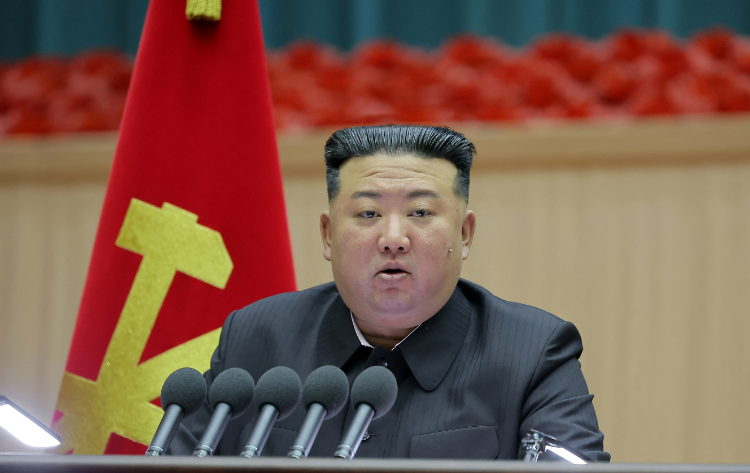The Italian ruling coalition, comprising a diverse array of political parties, has thrown the Eurozone into turmoil by rejecting the crucial ESM reform. The unprecedented move has left European leaders scrambling to assess the implications for economic stability and cooperation within the European Union.
The rejection of the ESM reform exposes deep-seated political divisions within the Italian coalition. The decision has far-reaching consequences not only for Italy but also for the broader Eurozone, raising concerns about the ability of member states to navigate economic challenges collectively.
In a separate geopolitical development, North Korea’s leader, Kim Jong-un, has issued a stark warning, threatening a ‘nuclear attack’ in response to any provocations involving nuclear weapons. The sabre-rattling rhetoric from Pyongyang has escalated tensions on the Korean Peninsula, drawing international attention and condemnation.
Kim Jong-un’s warning of a ‘nuclear attack’ has prompted swift international condemnation and raised concerns about the stability of the region. The global community is closely monitoring the situation, calling for diplomatic solutions to de-escalate tensions and avoid a potential military conflict.
The dual developments—Italy’s rejection of the ESM reform and North Korea’s nuclear threat—underscore the volatility and unpredictability of the current geopolitical landscape. The simultaneous emergence of these challenges adds complexity to the global security equation, with potential repercussions on diplomatic relations and international stability.
In the face of these unfolding crises, there are widespread calls for diplomacy and dialogue. European leaders are urging a reconsideration of the ESM reform, emphasizing the importance of unity within the Eurozone. Similarly, international actors are advocating for peaceful resolutions to the escalating tensions on the Korean Peninsula.
The global response to these developments is varied, with financial markets experiencing heightened volatility. Investors are closely monitoring geopolitical risks, and governments worldwide are assessing the potential economic and security impacts of the unfolding situations.
The rejection of the ESM reform by the Italian ruling coalition and North Korea’s warning of a ‘nuclear attack’ have thrust global geopolitics into a precarious state. As leaders navigate the challenges posed by these simultaneous crises, the international community remains on edge, emphasizing the urgent need for diplomatic solutions and strategic interventions to safeguard global stability.








 India
India












